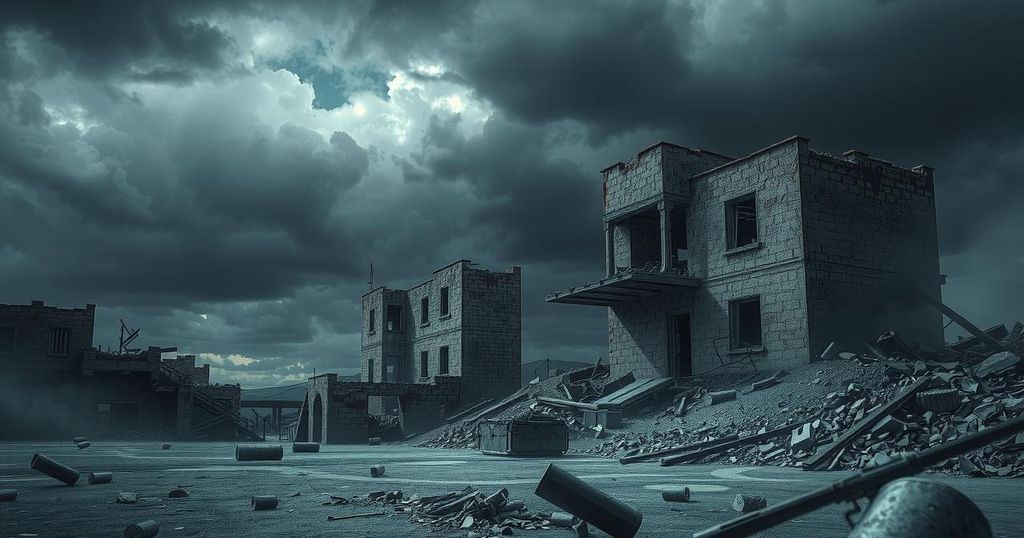The article discusses the ongoing conflict in Syria after 14 years of civil war, highlighting the pivotal shift with the fall of President Bashar al-Assad and the emergence of Syrian Interim President Ahmad al-Sharaa. It outlines the challenges faced by the new leadership, including sectarian violence, foreign intervention, and the threat posed by ISIS. The role of international powers, including the U.S., Russia, Turkey, and Israel, further complicates the dynamics of governance and security in Syria.
Fourteen years have elapsed since the initial protests in Syria, which culminated in a complex and ongoing civil war. The recent overthrow of President Bashar al-Assad marks a significant shift in this multifaceted conflict. In his stead, Syrian Interim President Ahmad al-Sharaa, formerly associated with ISIS and later Al-Qaeda, is now seeking peace amid persistent violence and foreign interventions in the region.
Assad’s rapid decline, occurring within 11 days due to a remarkable rebel offensive, exposed the weaknesses of his regime, particularly amidst distractions faced by allies such as Iran and Russia. Despite initial support for Assad, the western coastal regions, historically loyal to the Alawite leader, have begun to accept the new leadership under Sharaa. However, violence escalated recently as Assad loyalists ambushed interim government forces, resulting in substantial civilian casualties, particularly among Alawites.
This situation serves as a crucial test for Sharaa’s leadership and intentions towards a pluralistic governance model. Violence against Assad loyalists has drawn international criticism, with both Iran and Russia expressing concern, yet their strategies differ significantly amidst the unrest. Meanwhile, emerging groups resembling Iran-aligned factions in other regions have developed, complicating the situation further.
In the north, the Kurdish-led Syrian Democratic Forces (SDF) have engaged in a deal with the interim government to integrate their administration within a structured governance framework, reflecting U.S. mediation efforts. However, this partnership presents challenges, particularly regarding relations with Turkey, which perceives the SDF as linked to separatist movements within its territory.
Israel’s involvement has shifted towards securing rights for the Druze minority amidst growing tensions in southern Syria. The Israel Defense Forces (IDF) have increased military operations, representing a strategic focus away from Assad’s regime and attempting to undermine Sharaa’s government. Protests from the Druze community against Israeli interference illustrate the complications surrounding foreign influence and territorial disputes.
Furthermore, the remnants of ISIS continue to pose a security threat despite earlier setbacks. Sharaa finds himself in a precarious position regarding former affiliates of ISIS, as their insurgency remains active, particularly following the upheaval in government. While the U.S. has intensified military strikes against ISIS assets, the broader implications of Middle Eastern stability continue to unfold, challenging U.S. leadership aspirations in the region in light of shifting dynamics.
The situation in Syria is evolving as the country grapples with a new leadership following President Bashar al-Assad’s ousting. Syrian Interim President Ahmad al-Sharaa faces multiple challenges from internal factions, sectarian violence, and foreign interventions. While seeking to establish a more inclusive government, the influence of Iran, Russia, and Israel complicates efforts for national unity. Additionally, the persistent threat from ISIS adds to the complexity of Syria’s precarious future. As international stakeholders reassess their positions, regional stability remains uncertain.
Original Source: www.newsweek.com






